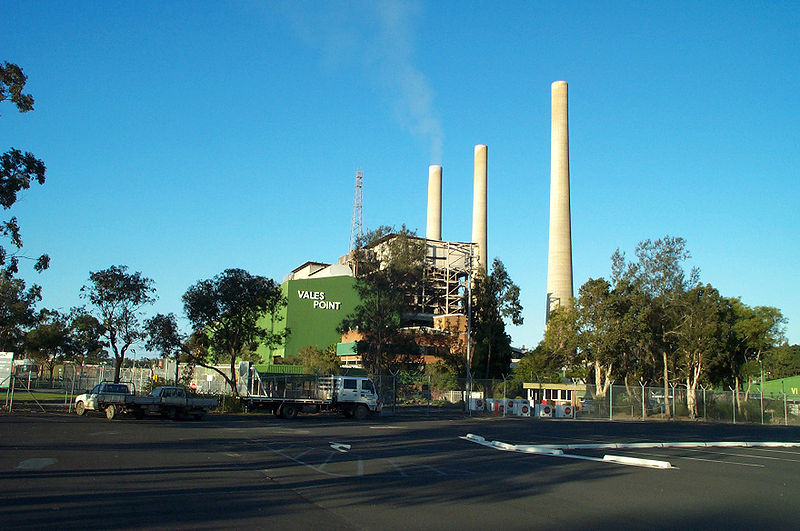The budget released by the federal Coalition government in the lead up to the May election offered few surprises for the electricity sector. While it confirms a number of previously announced investments aimed at “reducing power bills and keeping the lights on“, the budget did include one important detail – that the government intends to spend less on climate initiatives that previously announced.
The $2 billion Climate Solutions Fund was announced in February, a program to pay farmers, local government and businesses to reduce emissions. But instead of having about $200 million annually starting from January 2020, the rebadged Emissions Reduction Fund has been stretched to 15 years in the 2019 budget, reducing the amount spent per year to $133 million.
Labor’s Shadow Minister for Climate Change and Energy, Mark Butler, criticized the move, noting that six weeks before an election, Prime Minister Scott Morrison had already cut his government’s main policy to deliver his weak 2030 pollution reduction targets.
“This was the policy that was meant to do the heavy lifting to deliver the government’s 2030 emission reduction targets, even though government data projects Australia will fail to meet even this government’s weak emission reduction targets,“ Butler said, adding the cut was made just five weeks after announcing the Climate Solutions Fund.
Energy allocations
A release from the Department of Environment and Energy says the budget initiatives in the energy sector amount to $1.88 billion, but there are no new major projects on the list.
As previously announced, the government has allocated $1.38 billion in funding for the Snowy 2.0 pumped hydro expansion, along with $56 million for the Marinus Link project, part of Tasmania’s Battery of the Nation program, which would provide a second interconnector across Bass Strait to increase the availability of the state’s hydro resources on the mainland.
There is also $79.2 million over six years for energy efficiency standards and programs, $50.4 million to support feasibility studies for micro-grids in remote and regional areas and $13.5 million to support the Underwriting New Generation Investments program which saw 12 projects shortlisted last week.
On top of that, the budget includes one-off $284.4 million for electricity bill relief of social security recipients, which comes down to $75 for singles and $125 for couples.
Also, a total of $3.2 million is set aside to establish a Priority Transmission Taskforce which will speed up delivery of transmission projects identified in the Australian Energy Market Operator’s 20-year Integrated System Plan. Labor has promised a $5 billion fund for targeted grid upgrades.
While Labor has unveiled a national EV target of 50% of new sales by 2030 as one of the focal aspects of its climate policy, the Coalition budget allocates only $400,000 to develop a national electric vehicle strategy.
The Greens, which have called for a ban on sales of petrol and diesel vehicles in the passenger market by 2030, have described it as shameful that the government has only committed a pittance on their national electric vehicle strategy and to modernise Australia’s hopelessly outdated electricity network.
“It’s verging on criminal that they’ve only budgeted $189 million over the forwards on the centrepiece of their climate change policy when we’re facing a climate crisis,” said Leader of the Australian Greens Richard Di Natale.
This content is protected by copyright and may not be reused. If you want to cooperate with us and would like to reuse some of our content, please contact: editors@pv-magazine.com.









By submitting this form you agree to pv magazine using your data for the purposes of publishing your comment.
Your personal data will only be disclosed or otherwise transmitted to third parties for the purposes of spam filtering or if this is necessary for technical maintenance of the website. Any other transfer to third parties will not take place unless this is justified on the basis of applicable data protection regulations or if pv magazine is legally obliged to do so.
You may revoke this consent at any time with effect for the future, in which case your personal data will be deleted immediately. Otherwise, your data will be deleted if pv magazine has processed your request or the purpose of data storage is fulfilled.
Further information on data privacy can be found in our Data Protection Policy.